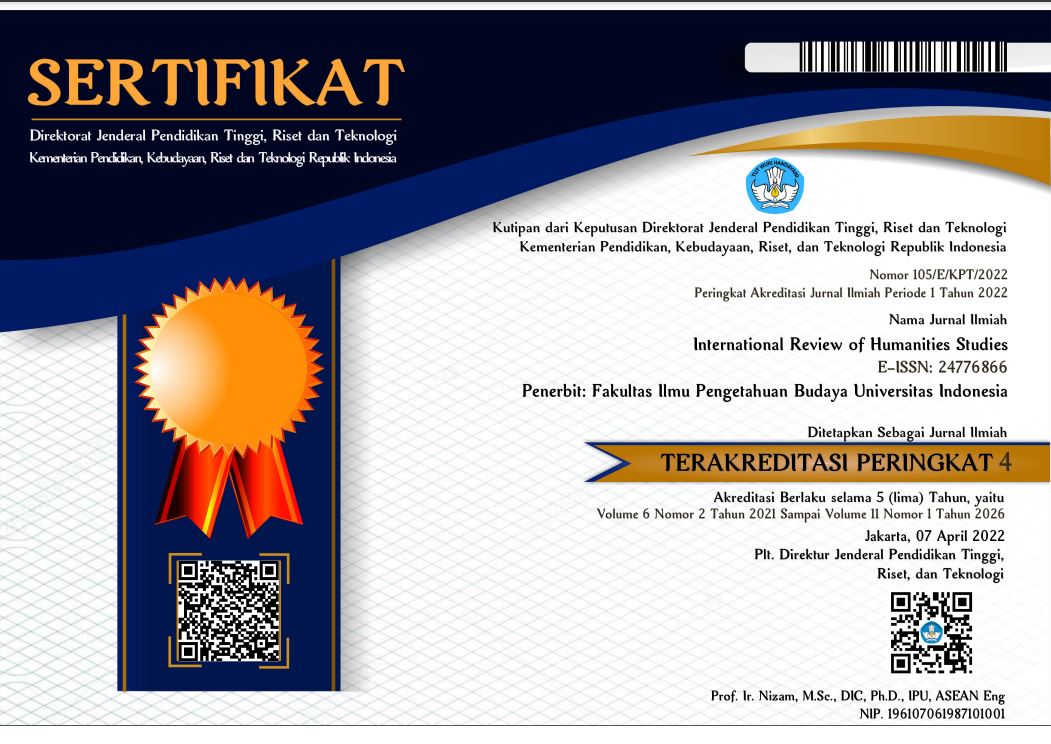International Review of Humanities Studies

Abstract
In 2019’s presidential election in Indonesia, the Internet was flooded by unverified and contradicting claims, which only blurred the lines between fact, opinion, and straight-out hoax. This research investigates how an educated group (college students) evaluates online sources in the context of Indonesia’s political campaigns. An assessment was designed for the students to judge the credibility of five political news articles appearing online in April 2019, the election month. The framework used was inspired by similar assessments conducted by the Stanford History Education Group, researchers who study digital literacy among American students. For this research, fifty students from five faculties in Universitas Indonesia identified false information on the Internet and explained how they recognized it. Their explanations were then classified into three: Mastery, Emerging, and Beginning. The results show that, by and large, the students could recognize sources containing false information. However, only a small percentage provided logical reasoning on Mastery level. It is hoped that the findings give insight into how the students assess online sources and complement other similar works that investigate hoax and political campaigns in other parts of the world.
Recommended Citation
Pandjaitan, Yasmine Anabel
(2021)
"EVALUATING THE TRUSTWORTHINESS OF ONLINE SOURCES: ASSESSMENT FOR STUDENTS OF UNIVERSITAS INDONESIA,"
International Review of Humanities Studies: Vol. 6:
No.
1, Article 18.
Available at:
https://scholarhub.ui.ac.id/irhs/vol6/iss1/18
Included in
Arts and Humanities Commons, Education Commons, Life Sciences Commons, Physical Sciences and Mathematics Commons, Social and Behavioral Sciences Commons


